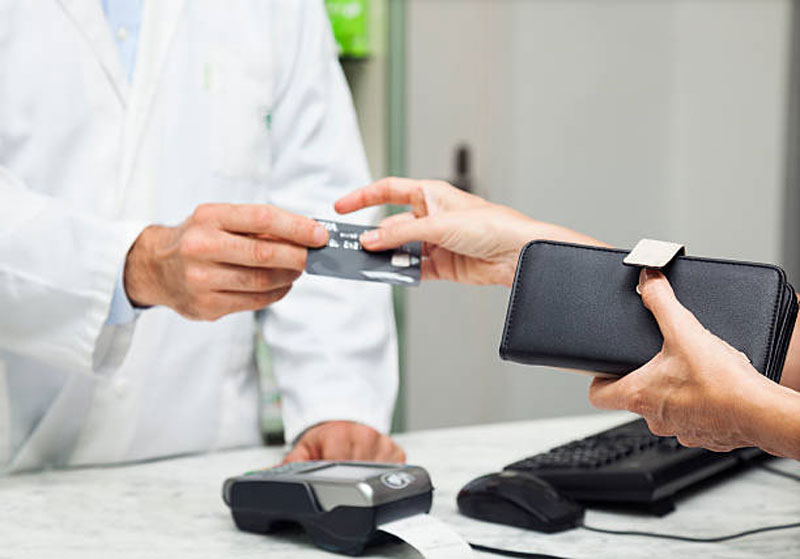 If you require medical services that are not covered by your medical insurance policy, you might want to consider getting a medical credit card. Medical credit cards cover eye procedures, cosmetic surgery, veterinary services, dental work and other expensive procedures that you cannot afford by yourself. These cards are a great option because they purportedly have a zero percent interest. In addition, you can pay the balance on the card within the stipulated amount of time.
If you require medical services that are not covered by your medical insurance policy, you might want to consider getting a medical credit card. Medical credit cards cover eye procedures, cosmetic surgery, veterinary services, dental work and other expensive procedures that you cannot afford by yourself. These cards are a great option because they purportedly have a zero percent interest. In addition, you can pay the balance on the card within the stipulated amount of time.
According to the website Credit Card Comparison NZ, although Medical credit cards can be a lifesaver when you need urgent medical treatment, most Medical credit cards charge interest retrospectively if you fail to pay off your credit card debt in full by the end of the interest free period. This means if you are unlikely to pay off your Medical credit card debt in full by the end of the interest free period you might be better off with a regular interest free credit card instead of a personal loan. You should therefore put all factors into consideration when deciding on getting one.
Here are three things you need to know about medical credit cards:
- Medical cards have limited use
Medical credit cards aren’t your normal credit card with a mastercard or VISA logo. Instead, they are of limited use like retail credit cards and they can only be used for medical services and only when your medical provider accepts that kind of payment. Some can only be used for particular services. It is therefore important that you ensure the card you apply for covers the service you wish to receive. For some, this limited use allows them to pay for emergency medical services since the medical card can offer the convenience of paying over time.
- Medical credit cards affect your credit.
Medical cards require a credit check because they are a product of credit. Just like every other credit, you need to make an application which can be denied if you fail to meet the credit qualifications. Once you are approved, your account details are reported to credit bureaus, added to your credit score. Timely payments ensure that your credit isn’t affected. Some medical credit cards require that you pay the balance within a particular time rather than paying small payments towards the balance.
- Medical credit cards can worsen medical debt.
Medical credit cards are a major problem in the United States especially that they’ve been identified as the leading cause of bankruptcy for medical debts billed to patients directly. Credit cards can make medical services debt even worse. The problem arises mainly because the credit cards are promoted by medical staff that isn’t always familiar with their terms and conditions. This therefore leaves patients without details such as the cost information they need to make the best decision for themselves. Medical staff gets paid for the transaction within days even when they don’t sell but once customers elect not to get the services, they can’t get a refund.

